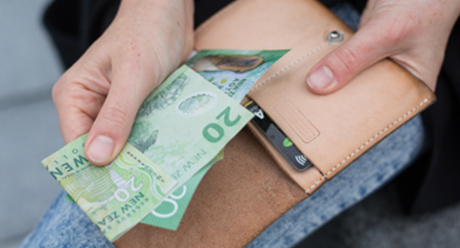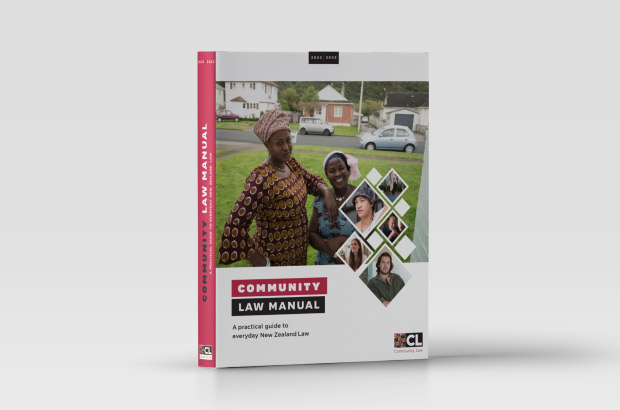Uninvited sales, goods, and services
Unsolicited goods and services
Fair Trading Act 1986, ss 21A-21D
If someone provides you with goods or services that you didn’t order or ask for, you don’t have to pay for them. You do have to allow the sender to pick up the goods within 10 working days, but if they don’t collect them in that time, the goods are yours.
For those 10 working days, you shouldn’t throw away or deliberately damage the goods. If you do so, the sender can demand payment. However, you’re not responsible for any accidental damage.
What are “unsolicited” goods and services?
Fair Trading Act 1986, ss 21A(7), 21B(2)
”Unsolicited” means that you haven’t ordered or asked for the goods or services, and no one ordered or asked for them on your behalf. For example, an unsolicited service is if someone mows your lawn or weeds your garden without you asking them to.
Unsolicited goods and services don’t include piped (“reticulated”) gas or electricity that might already be set up in your home.
What do I do if I receive unsolicited goods?
If you want the goods, you can choose to pay for them and keep them.
If you don’t want the goods, you don’t have to pay for them or send them back. If the seller wants them back, you need to make them available to collect for 10 working days. Don’t damage or throw the goods away until those 10 working days are over (although you’re not responsible for any accidental damage), or the sender could demand payment. If the sender doesn’t collect the goods in time, even though you’ve made them available to be picked up, then the goods belong to you as if they were a gift, and you’re free to keep them or throw them away.
Businesses who intentionally send out unsolicited goods are legally required to include information explaining your rights and obligations (as explained in this section). This information should be provided alongside the goods. If they don’t, they can be fined by the Commerce Commission.
Do I have to pay someone if they provide an unsolicited service?
No. For example, if someone mows your lawns without asking you first, they can’t make you pay for their work.
I received unsolicited goods or services and they are demanding payment. What should I do?
If you’ve followed your obligations explained in this section, you should ignore them. If they won’t stop demanding payment, you can report them to the Commerce Commission.
If someone in business (whether an individual trader or a company) provides you with unsolicited goods or services, it’s a criminal offence for them to claim, or appear to claim, that they have a right to be paid for them. It’s also an offence for them to send you an invoice or other document stating a price, unless this clearly states that you don’t have to pay. The Commerce Commission might investigate their behaviour and can fine them up to $200,000 for an individual trader, or up to $600,000 for a company.


